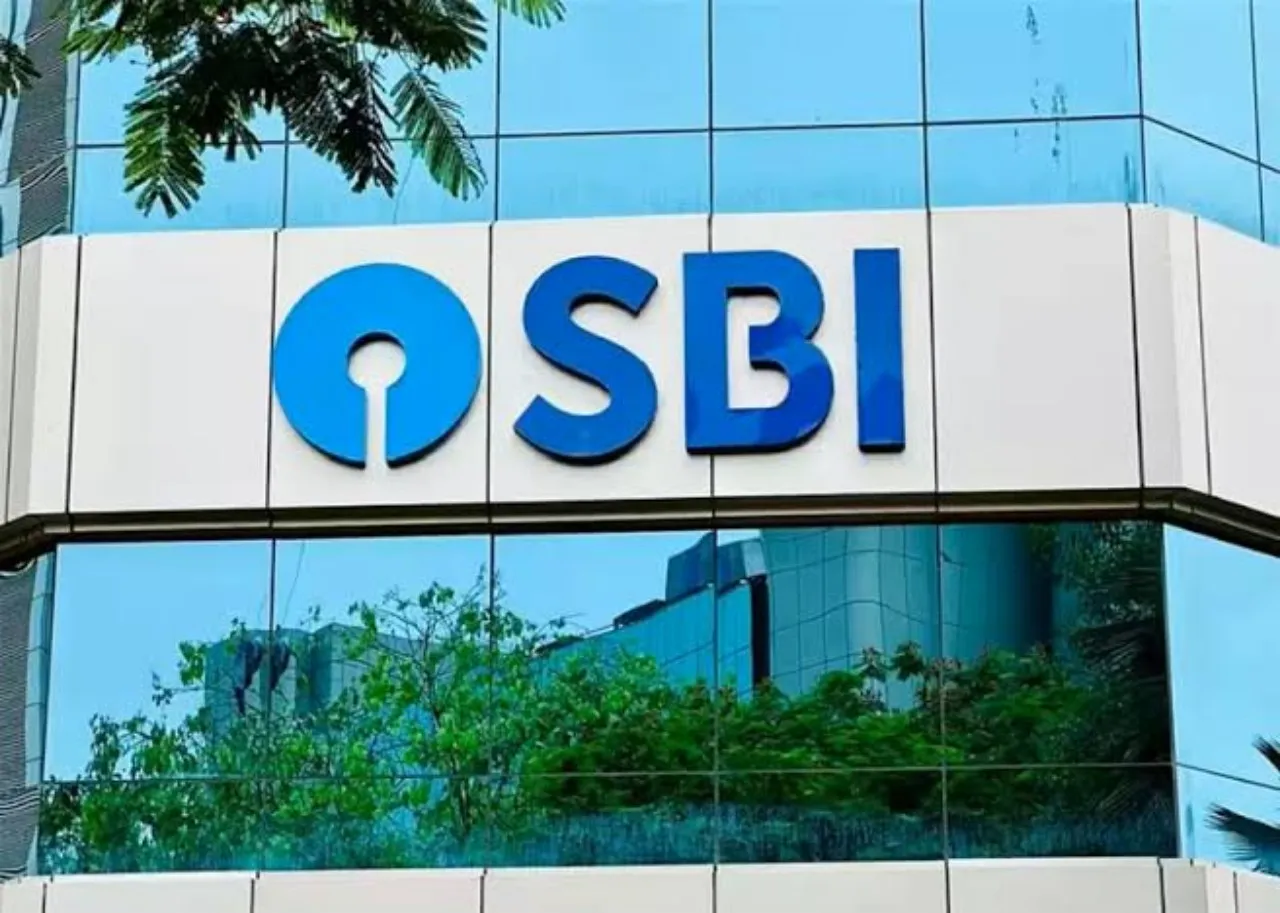Jodhpur: The State Consumer Disputes Redressal Commission in Jodhpur has found the State Bank of India (SBI) at fault in two separate incidents involving ATM and cash deposit machine (CDM) malfunctions. The Commission has mandated the bank to refund the lost sums and provide compensation to the affected customers. This article delves into the specifics of the cases and the implications for banking services in India.
Understanding Customer Grievances with SBI
In a digital age where cashless transactions are becoming the norm, reliable banking services are crucial. The recent verdicts from the State Consumer Disputes Redressal Commission highlight significant customer service failures by the State Bank of India (SBI). The rulings serve as reminders of the responsibilities banks must uphold in their service delivery.
Case 1: The ATM Withdrawal Dilemma
In the first instance, a customer named Kailash Singh faced a frustrating experience when he attempted to withdraw ₹15,000 from two different ATMs, only to find that no cash was dispensed. To his shock, ₹28,000 was deducted from his account without any reason.
Despite his efforts to resolve the issue by contacting SBI’s toll-free helpline and requesting access to CCTV footage, he was met with silence and a lack of solutions. Recognizing the bank’s failure to deliver satisfactory service, the district consumer forum sided with Singh, prompting the State Commission to hold SBI accountable as well.
This incident raises important questions about ATM reliability and banking accountability. Many customers expect seamless service, especially when it comes to accessing their own money. Instances such as Kailash’s create an unsettling sense of mistrust in banking systems, compelling individuals to reconsider their choices.
Case 2: The Unsuccessful Cash Deposit
In a separate but equally troubling situation, another customer, Omkarnath, deposited ₹52,000 through a Cash Deposit Machine (CDM) located at the collector complex in Jaisalmer back in October 2018. While the machine indicated that the transaction was successful, Omkarnath did not receive a deposit slip, nor did the funds appear in his account.
Initially, the district forum dismissed his complaint, siding with the bank’s assertion that the machine could not accept deposits exceeding ₹49,900. The bank also cited a lack of accessible CCTV footage, claiming technical difficulties. However, upon deeper investigation, the state commission identified several inconsistencies in the bank’s defense, including:
- Omkar waited for several minutes, indicating that the machine was in use.
- No cash was returned to him, nor was any proof of the transaction provided by the bank.
- The SBI failed to produce vital records like the account’s opening and closing balances.
Ultimately, the Commission determined this to be a “clear deficiency in service,” compelling SBI to refund Omkarnath the full amount of ₹52,000 along with interest, plus an additional ₹10,000 for legal expenses.
The Commission’s decision reinforces the importance of having transparent banking processes and the need for customers to receive proper documentation for transactions. In a world where online banking is prevalent, ensuring that every record is traceable is critical.
The Implications for the Indian Banking Sector
The recent rulings against SBI have far-reaching implications for the Indian banking sector as a whole. They highlight a need for banks to invest significantly in upgrading their technology and customer service standards. As the nation digitizes further, ensuring secure and reliable transaction processes is paramount to maintain customer confidence.
The Commission’s decisions also signal a shift towards holding banks more accountable for transactions that go awry. With millions of customers relying on banking services, institutions must demonstrate accountability and a commitment to resolving issues swiftly.
Moreover, the SBI cases exemplify systemic concerns that could affect the entire banking sector. Banks must be proactive in addressing customer grievances and ensuring seamless operational functionality of ATMs and CDMs. Failure to do so not only risks financial loss for customers but also threatens the long-term reputation and reliability of the banking system.
Final Thoughts: Trust in Banking Services
As customers navigate their banking experiences, incidents like these serve as reminders to remain vigilant and aware of rights as consumers. With the digital future approaching, banks must prioritize robust systems and effective customer support to foster trust and confidence.
SBI’s experience, particularly with the outcomes of these two cases, should serve as a wake-up call for all banks in India. They must ensure that their services align with customer expectations, thereby guaranteeing financial security and convenience in an increasingly cashless society.
In conclusion, while SBI has faced setbacks recently, these rulings could catalyze necessary changes that benefit the entire banking sector, making it more customer-centric and technology-driven.
Bankerpedia’s Insight💡
This ruling against SBI underscores a critical issue within India’s banking sector: accountability and customer service standards. As digital banking proliferates, ensuring reliable service becomes paramount. Poor experiences can erode trust, leading consumers to seek alternative financial solutions. For customers, this case serves as a reminder to document transactions and promptly report discrepancies. For banks, it highlights the need for robust systems and transparency to avoid reputational damage and regulatory scrutiny. Building trust will be pivotal as India embraces a cashless future.
How Does This Affect the Banking Ecosystem? 🏦
- Bank Employees → Increased scrutiny and potential customer dissatisfaction at work.
- Bank Management → Increased pressure to improve customer service standards.
- Bank Customers→ Bank customers may receive refunds and compensation for errors.
- Investors / Shareholders → Increased regulatory scrutiny may hurt SBI’s profitability.
- Regulators (RBI, SEBI, Govt.) → Increased scrutiny and regulatory enforcement measures anticipated.
- General Public → Increased awareness of banking service accountability and consumer rights.
Research References 📚
📲 Stay ahead in banking & finance!
Join the Bankerpedia WhatsApp Channel for instant updates, and
subscribe to our YouTube Channel for in-depth analysis and expert explainers.










